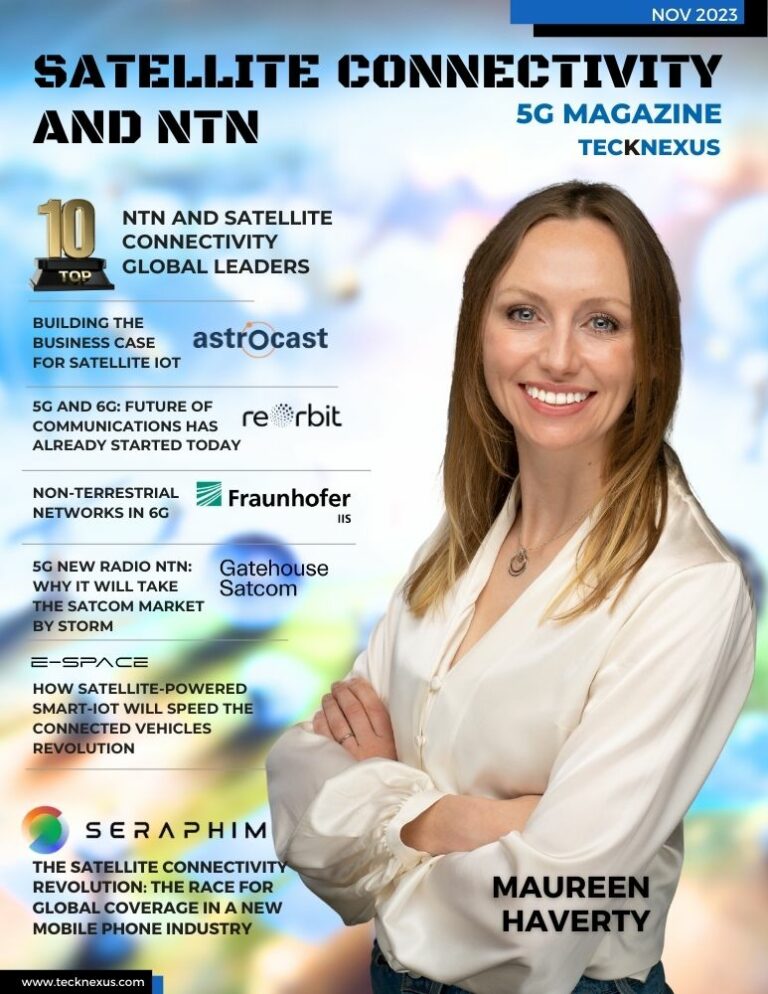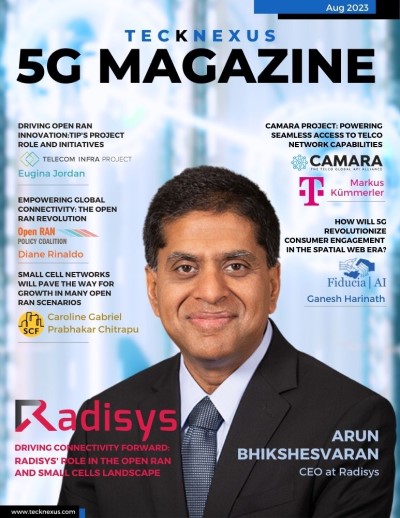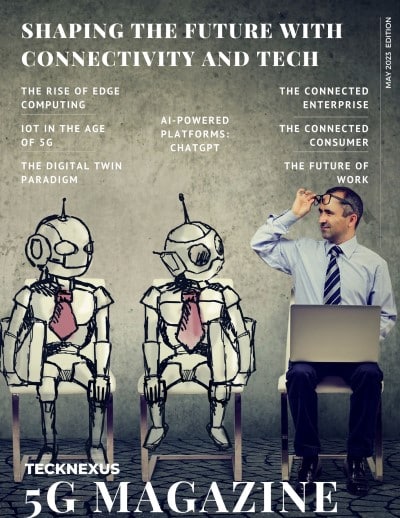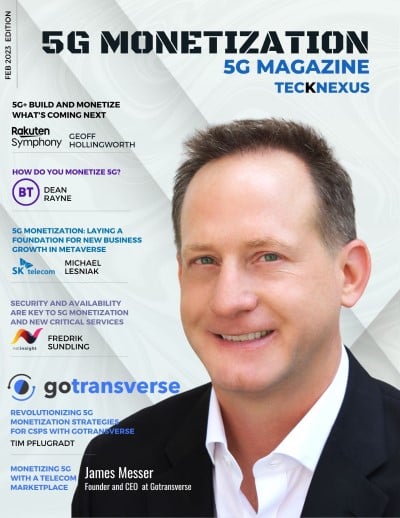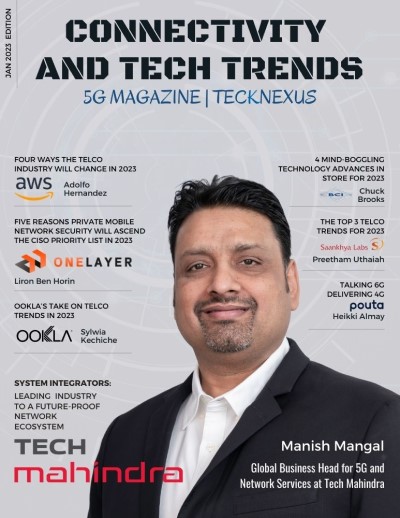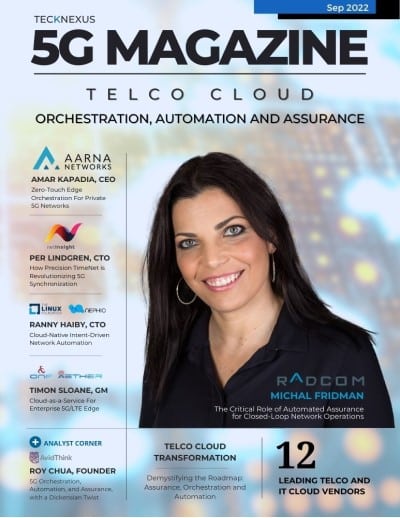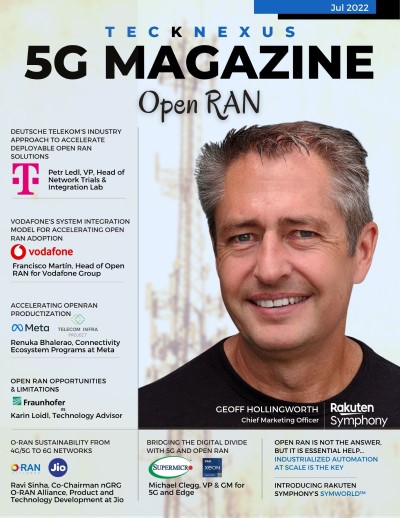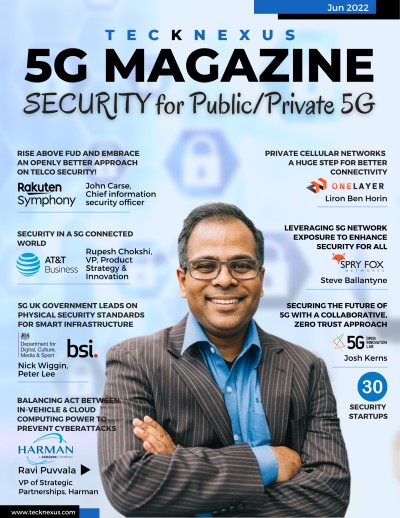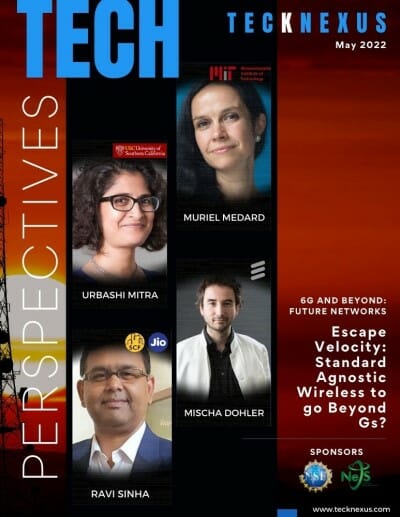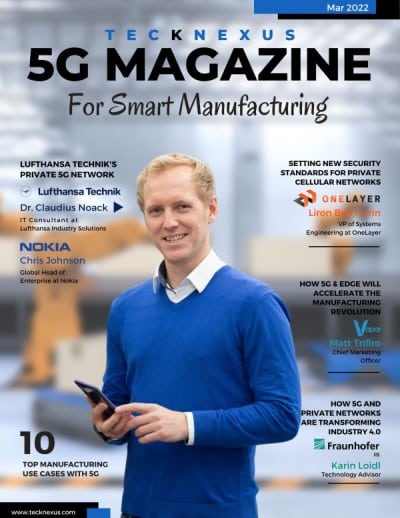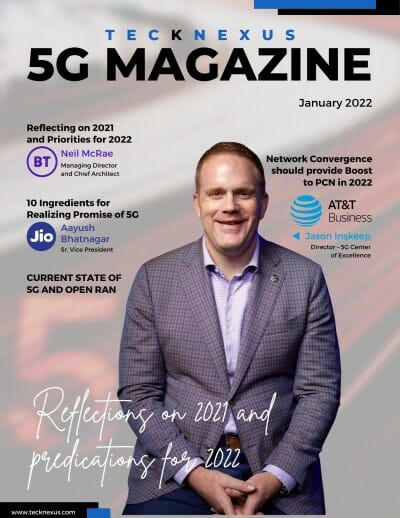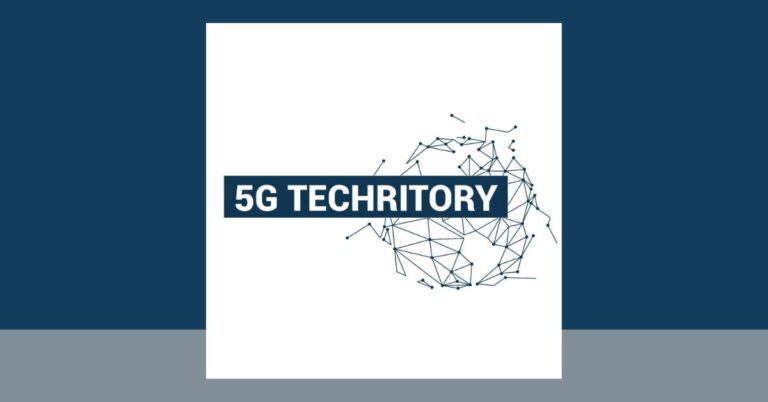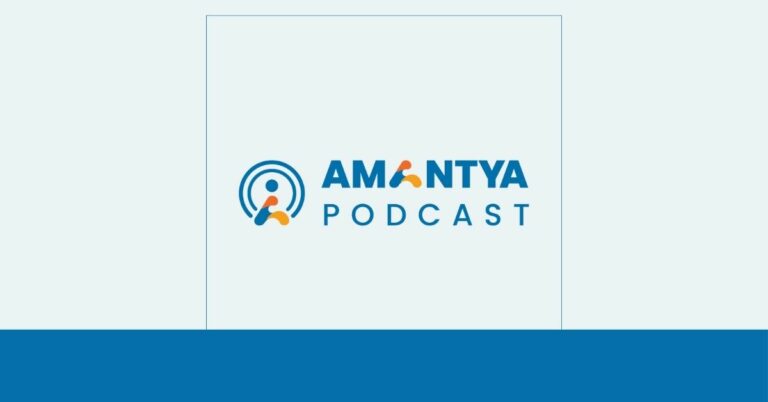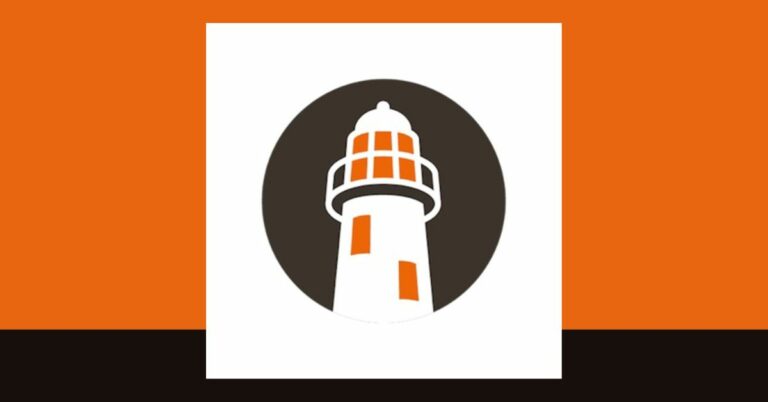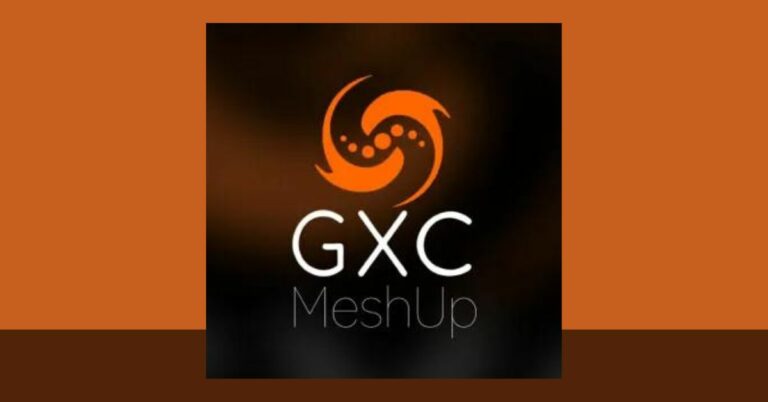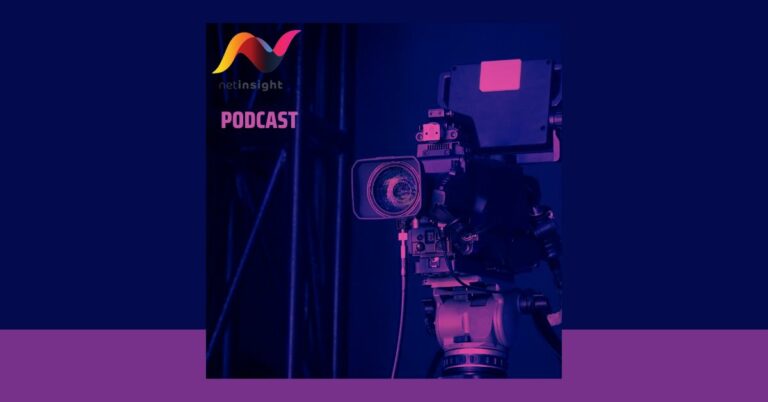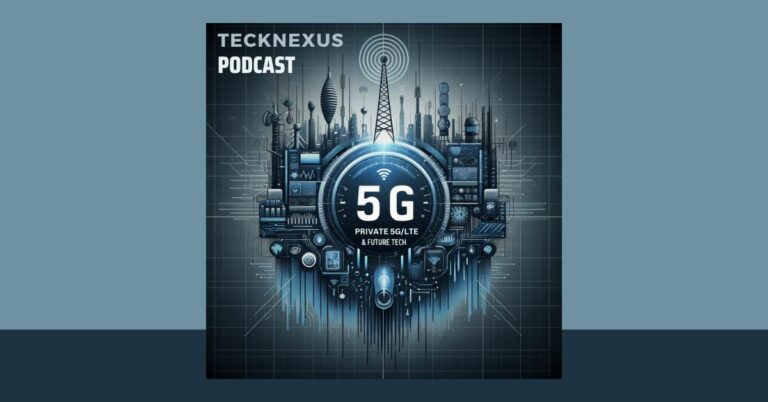Deutsche Telekom has deployed open and virtualized RAN solution in a live environment in Neubrandenburg, Germany. The deployment is a virtualized, multi-vendor, O-RAN-based solution with massive MIMO capability and is currently in a friendly customer trial phase.
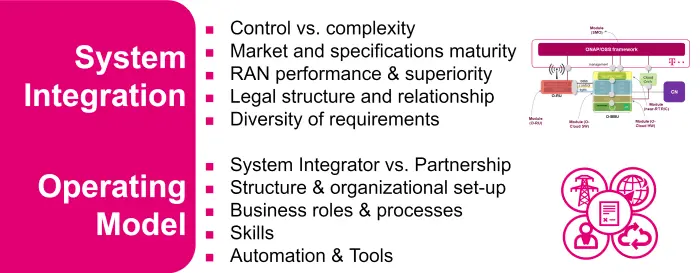
Below are the main learnings:
More Responsibility for Operator – Disaggregated RAN moves additional responsibility to the operator and it is changing the operational model. We are putting a lot of effort to define which integration and verification tasks we will need to control and which tasks we expect to be done by 3rd parties.
Performance & Operational Evaluation – In the past and today, almost all big RAN vendors put the RAN SW on a classical bare metal solution. vRAN is critical for ecosystem diversification (this is because new RAN vendors won’t develop their own bare-metal classical solutions. They, therefore, require COTS solutions i.e. vRAN). Challenge for vRAN is that we have a high workload demand (e.g. 5G mMIMO) and feature richness requirements that are important to be supported. Evaluation of system performance, as well as operational experience, was a critical learning curve for future large-scale deployment of O-RAN-based solutions.



























